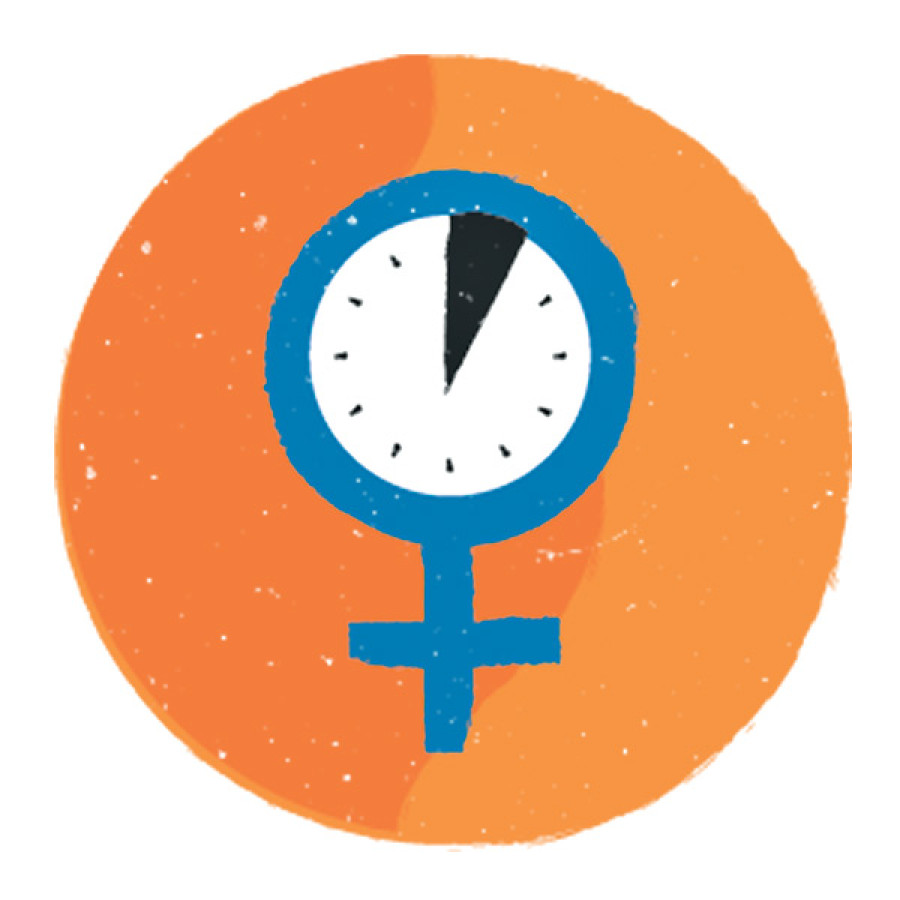Opinion
Menstrual hygiene day
Education is a powerful tool in raising awareness, smashing taboos and debunking myths surrounding menstruation
Pragya Lamsal
Every year, the global community marks May 28 as Menstrual Hygiene Day. The day brings together policymakers, civil society organisations, individuals, professionals, advocacy groups and others to raise awareness and share experience and knowledge about menstrual hygiene. This year, the global community is observing the day with the theme: ‘Education about Menstruation Changes Everything.’
Menstruation is a natural cycle and a normal part of a woman’s life. But this natural and normal cycle is often misunderstood in Nepali and many other societies around the world. As a result, many menstruating women are mistreated under various pretexts. Religion, culture, traditions and customs are used as excuses to continue the ill-treatment of menstruating women.
Not just a formal process
This year’s theme underlines the importance of education as a profound tool for raising awareness, smashing taboos and debunking myths surrounding menstruation. Here, education should not be perceived just as a formal process of attending schools and universities. Education can be both formal and informal. It should include both a bottom-up and top-down approach. We can adopt participatory and egalitarian dialogue to educate society.
Removing social stigma and taboos always requires a multipronged approach. Thus, education that is designed to remove taboos should also include various approaches to help different stakeholders reach a common understanding. There are still scores of people who believe in superstition and myths. Education should be able to lead them on a path where they can search for facts and stop relying on myths and misinformation.
The practice of isolating women during their period exists across Nepal in differing forms. In some parts of the country, they are prohibited from entering the kitchen and worship room, and forbidden from touching certain items. Elsewhere in the country, menstruating women are not even allowed to stay inside their homes; they are banished to menstrual huts.
Myths surrounding menstruation are deeply rooted and people are hesitant to end prevalent practices due to various reasons, including the fear of isolation from society. For example, the villages in far-west Achham district where two young women died in a Chhau Goth (menstrual hut) a few months ago was declared a menstrual hut-free area. Families had pledged to discontinue the practice after the ‘shed-demolition’ campaigns by governmental and non-government agencies. But they reverted to previous practices. According to reports, the newly-built sheds were found to be even worse than the previous ones. Other places have similar stories.
This clearly shows that more effective interventions are needed in such places to convince people about the natural cycle of a woman’s body. Devising and promoting a new model of education for boys, men, mothers, teachers, health workers, leaders and opinion makers can be very useful in bringing this practice to an end. The process of such education should be participatory; such an approach can break negative social norms and provide accurate information and support to smash taboos. Education will also help to impart scientific information about the menstrual cycle.
Fight social stigma
Many girls do not know about menstruation before they experience their first period. In most places in Nepal, girls do not feel comfortable talking openly about the menstrual cycle. Inadequate menstrual hygiene management affects women’s confidence, self-esteem, health and education, whereas taboos and stigma reduce social exposure and access to other opportunities.
Proper knowledge helps girls debunk myths in effective ways. The government and policymakers must also ensure that every girl has the knowledge and the products to manage her menstrual hygiene with confidence. The government should ensure that girls have scientific knowledge about menstruation before their first period so that they cannot be misguided by rumours and can instead move towards a better quality of life.
Periods are one of the key reasons why many girls miss school. In rural areas, menstruating girls don’t go to class because of shyness and embarrassment. Additionally, girls face problems if there is a lack of access to private toilets with water supplies. Schools should make sure basic facilities such as proper toilets, sanitary pads, painkillers for menstrual cramps, and spare clothes are available.
Engaging boys and men
Education is imperative and there is a need to ensure that menstruating girls do not miss class. The government must ensure that everyday challenges associated with managing menstruation in school environments are properly addressed so that girls do not have to deal with embarrassing situations. Education about the menstrual process is a requirement for both male and female students as well as for teachers. Schools should not be places where girls feel embarrassed for menstruating.
As an advocate of equality, I have been lobbying that breaking taboos surrounding menstruation is not a matter exclusively reserved for women—it is time that both men and women fight against social stigma and taboos together. More men involved in awareness raising campaigns and advocacy to fight the stigma of menstruation are needed.
For effective and better results, the government should integrate menstrual hygiene education into the national school curricula as well as into the policies and programmes for adolescents. Introduction of menstrual issues in textbooks gives students the knowledge that menstruation is nothing but a process similar to when beards grow on boys.
Menstrual taboos are not just a problem in Nepal. Many girls and women around the world suffer every day due to stigma associated with menstruation. Menstrual Hygiene Day provides us an opportunity to highlight key issues, but campaigns should continue throughout the year. I have a dream that the world will become a place where no woman should feel embarrassed or inferior because of menstruation. It is possible. The government, nongovernmental organisations, civil society leaders and activists around the world should act now to make it possible.
- Lamsal is a development professional and advocate of Sustainable Development Goals




 9.7°C Kathmandu
9.7°C Kathmandu










